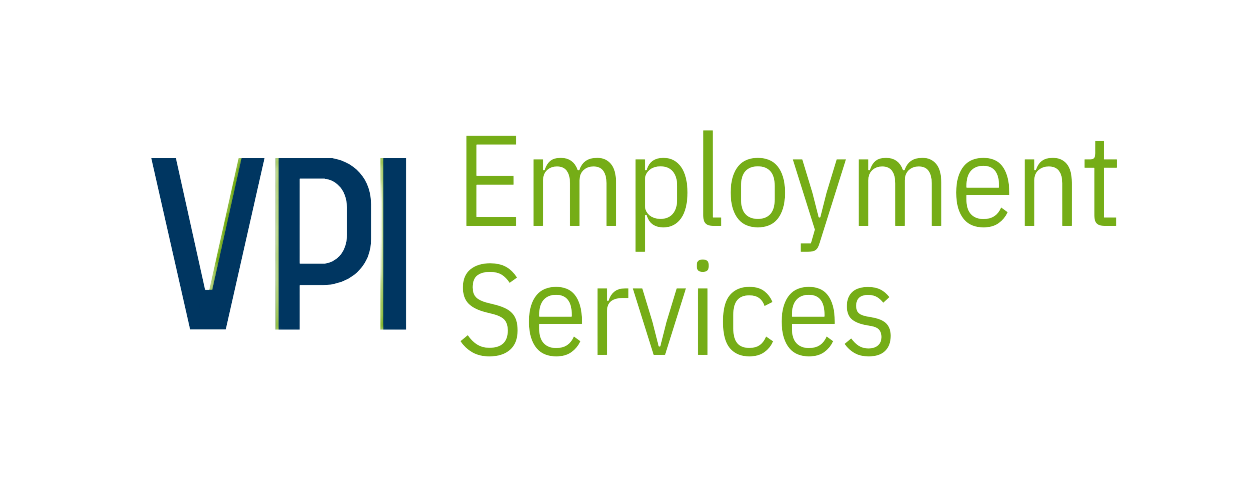The most emphasized word on a job posting is ‘experience’. You can usually find the type of job experience employers are looking for under requirements. There you’ll find the employer’s “Wish List,” which states all the qualities and qualifications they would like in a candidate. For recent grads, anyone looking to change careers, or those who have been out of the workforce for an extended period, this topic should be of particular interest. Having direct experience isn’t necessarily the only means of gaining the skills needed to complete a job. Sure, some industries require certifications, but for others, transferable skills could be applied.
What are Transferable Skills?
Transferable skills are skills you develop throughout your life. They are not job specific—they are abilities that mature over time and can be developed in one situation and transferred to another. These portable skills help you in social, academic and professional situations.
What’s the difference between Soft Skills, Hard Skills, Technical Skills and Transferable Skills?
To understand these different skills types and how they are different from one another, let’s first explain what they are:
Soft Skills: these are interpersonal skills that cannot be easily taught such as communication, listening, and empathy
Technical or Hard Skills: these are skills you gain through education or some form of training and are usually job or industry specific, such as software or machine usage
Transferable Skills: these are skills that can be applied in various situations
A common misconception is that soft skills and transferable skills are the same thing. But while some soft skills can be transferable skills, not all transferable skills are soft skills. In fact, some technical skills could fall under transferable skills. For example, the ability to work with data would qualify as a transferable skill but not a soft skill.
How can you identify your transferable skills?
There are numerous ways of identifying your transferable skills: Job profile searches, self-analysis, and self-assessments.
Job Search Profiles
Doing a job profile search can be effective if you’re unsure which career path to follow. This tool will expose you to a variety of jobs and potentially give you career ideas. Once you’ve identified a career you may want to pursue, it is important to create a list of the skills in the profile and match them with the skills you’ve developed over time. And here’s a pro tip: look for people within your network who are in those careers and find out from them if they use these skills in their job and if there are any other required or nice-to-haves that could give you an edge.
Self-Analysis
Another approach is to start with your own skills and see which jobs they might align with. An in-depth examination of your current job experience, duties and the parts you play in your daily life can be a great tool in identifying the strengths, skills and assets you could bring to a new career. Thinking about those moments when you have received recognition from an employer, co-worker or a friend is a good place to start. After creating a comprehensive list, you can look through job postings in your field of interest or even try keyword searches with some of your top skills to see if they match with certain jobs to give you career ideas.
Taking an Assessment
Sometimes recognizing your own skills and assets is hard. Taking a self-assessment test or course will help you identify your interests, natural strengths and weaknesses while gaining insight into the type of worker you are. It also has the potential to help you lay down the foundations towards your new career. If this is the path you decide to take, we offer two assessments workshops through any of our 11 branches. Check out our event calendar for a list of upcoming workshops or take a self-directed class through our e-learning center
Having a firm understanding of what transferable skills are and how to identify your own, will help put your career goals into perspective. They’re a good tool to market yourself even without related work experience. So, the next time you apply for a job, remember to highlight and compare your transferable skills to the job posting’s requirement to increase your chances of success.

